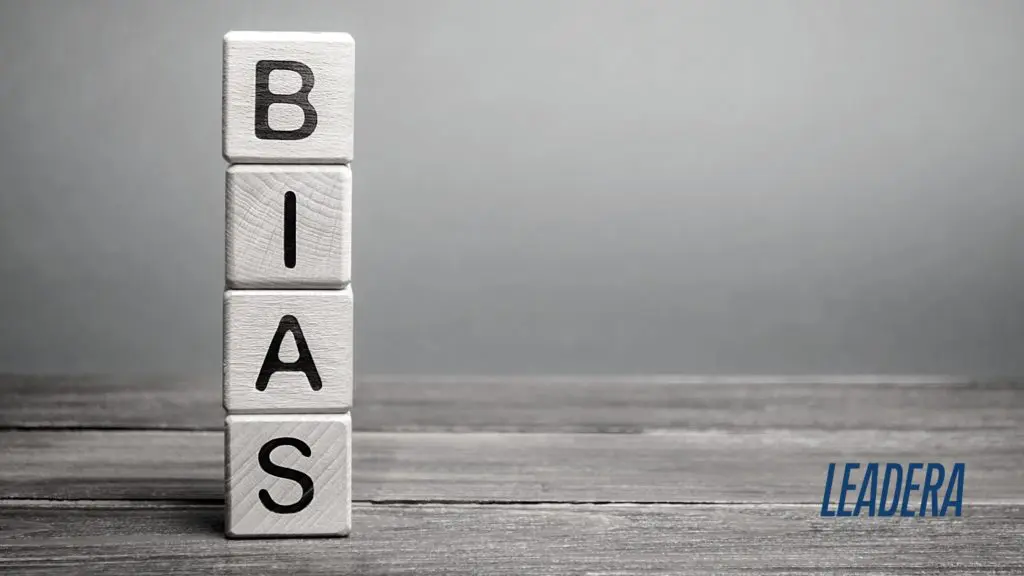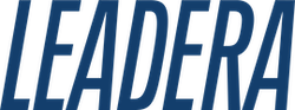
Unconscious bias is a preferential tendency of which we are unaware and that often operates outside of our control. It is an automatic judgment that is triggered in our brains and heavily influenced by our backgrounds, cultural environments, and personal experiences. It causes a filter that shapes the way we look at the world, how we think, how we speak, and ultimately how we act. It operates as a decision-making mechanism without our being aware of it.
Science and numerous studies have shown that ingrained unconscious bias can be rewired. It starts with recognition and awareness. Below are 4 types of unconscious bias that research has found directly impact the workplace. Keep reading to learn what they are and how they may affect your organization.
1. Affinity Bias – The tendency to warm up to people like ourselves.
The benefit of Affinity Bias is that it is comfortable and easy. The real impact on an organization is that it excludes others and results in alienation.
2. Halo Effect – The tendency to think everything about a person is good because you like that person.
With the Halo Effect, we tend to put people on a pedestal. It cases us to make snap judgements. If you likeone aspect of something to do with a person, you’ll have a positive predisposition towards everything else; if you dislike one aspect, you’ll have a negative predisposition.
3. Confirmation Bias – The tendency for people to seek information that confirms pre-existing beliefs or assumptions.
The benefit of Confirmation Bias is that it helps form a resolute opinion and creates agreement to past beliefs without much thought to the matter. The impact on an organization is it all but stagnates innovation and creativity.
4. Group Think – Occurs when people try too hard to fit into a particular group by mimicking others or holding back thoughts and opinions.
Group Think can be comfortable and allows us to ‘fit in’ with whichever team/organization we currently find ourselves in. The impact, however, is a loss of personal identify, creativity and innovation.[1]
We do not have unconscious bias because we are bad or flawed people – we have it because we are human.
Empower your organization by gaining a deeper understanding of unconscious bias and fostering an inclusive and diverse workforce. The Leadera Disrupting Unconscious Bias: Recognition and Awareness course is an engaging 4-hour webinar that explores the depths and impact of unconscious bias in our personal and professional lives.
Through a series of interactive conversations and exercises, participants in this program will discover where these biases come from, their function, and how they can limit or expand our performance and connection with others.
By participating in this course, people gain an awareness and acquire a set of practices that leave them with a powerful choice as to the type of person they want to be and the type of relationships they wish to have.
For more information on this course, or other business challenges we can help you solve, contact us at Leadera Consulting Group. Kevin Cullen: kcullen@leaderacg.com, cc: acook@leaderacg.com
[1] McCormick, H. The Real Effects of Unconscious Bias in the Workplace. 2016. http://execdev.kenan-flagler.unc.edu/hubfs/White%20Papers/Unconscious-Bias-in-the-Workplace.pdf
Read More